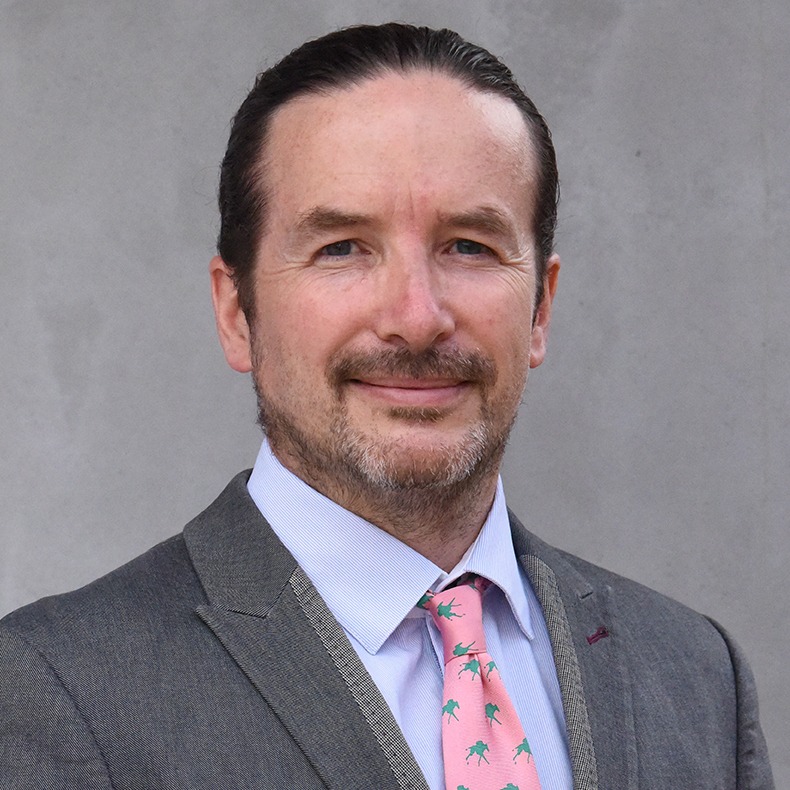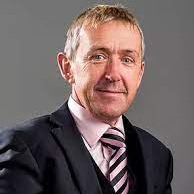Mare Behaviour
Species
Equine
Contact Hours
3 Hours
Early Booking Deadline
Thu, 01 January, 1970
Registration Deadline
Thu, 01 January, 1970
Language
English
Discipline
Behaviour
Internal Medicine – Endocrinology, Haematology, Infectious Diseases, Parasitology & Oncology
Neonatology
Nutrition
Pathology - Clinical & Gross
Reproduction / Theriogenology
Surgery
Industry Partners
Global

Veterinary Partners
Global


Recorded on: 2nd May 2023
Panelists:
Dominik Burger Dr.Med.Vet - University of Bern, Switzerland
James Crabtree BVM&S, CertEM (StudMed), FRCVS - Equine Reproductive Services, UK
Regina Turner BA, VMD, PhD, DACT - University of Pennsylvania, USA
Moderator:
Jonathan Pycock BVetMed, PhD, DESM, MRCVS - Equine Reproductive Services, UK
CONTENT DESCRIPTION
Dental radiography, although complex, is an essential diagnostic tool in the work-up of equine dental cases. With good radiographic technique and careful interpretation, dental radiographs can be diagnostic for most equine dental problems, including incisor, cheek teeth and sinus conditions. An international panel of world-renowned equine dentistry specialists will discuss case selection for dental radiography and radiographic interpretation in light of the remainder of the work-up. A good mix of of common and interesting cases examples will be used to discuss all aspect of dental radiography and when more advanced imaging modalities should be considered.
Oestrogen-driven oestrous behaviour is normal for the equine species, but such behaviour is not always appropriate or convenient in domesticated horses – especially those used for competition. More and more owners and/or trainers of performance horses are presenting mares for veterinary examination with a history of behaving badly or being difficult to train or manage when they are in oestrus. Occasionally some mares may show stallion-like or nymphomaniac behaviour. It is important not to simply blame inability to compete the mare successfully on abnormal behaviour patterns, imagined or otherwise.
When considering these behavioural problems, the behaviour in question must first be confirmed by the clinician to be either temporarily associated with the oestrous cycle or with ovarian pain and not musculoskeletal, soft tissue, gastric or dental pain.
The question is then, what options are there for long-term management of these cases?
It is also important to consider more fundamental influences on mare behaviour such as the role of the major histocompatibility complex (MHC).
Join our panel of world-renowned specialists for a lively debate covering the following controversial discussion points as they aim to address many of the key issues facing clinicians dealing with these mares:
- How often do you think aberrant mare behavior is truly associated with the estrous cycle (specifically, with estrus)
- How often do you think aberrant mare behavior is associated with the ovaries in some way (e.g., possibly not directly associated with the estrous cycle, but somehow related to ovaries/ovarian hormones/ovarian pain)?
- When presented with a mare ‘behaving badly’, how do you approach the case? What diagnostics do you perform?
- Why ovariectomy does not work to control aberrant mare behaviour
- GnRH vaccination
- Behavioural issues in elite competition horses including two-year-old Thoroughbreds
- Normal sexual behavior in nature
- Sexual selection of the mare
- Influence of the MHC on sexual selection and fertility
James graduated from the Royal (Dick) School of Veterinary Studies, Edinburgh in 2001. After four years in mixed practice he travelled between the hemispheres working for a number of years in specialist stud practice in the UK, Australia and New Zealand. In 2010 he was awarded the RCVS certificate in Equine Stud Medicine and in 2011 became a lecturer at Liverpool University examining the stud medicine certificate since 2012.
James has published work on many topics relevant to clinical practitioners including material on breeding soundness evaluation, infectious disease, peri-partum problems, ovarian abnormalities, oestrus suppression, persistent endometrial cups, management of spring transition and twin pregnancy. James continues to perform and publish practice based research and collaborates widely. In 2013, he became director of Equine Reproductive Services (UK) Limited growing and developing a busy first opinion and referral equine practice in Yorkshire. James is recognised as an Advanced Practitioner in Equine Stud Medicine, he is a current BEVA council member and trustee of the International Equine Reproduction Trust.
James has made a sustained and significant contribution to veterinary professional development with formal and informal teaching and assessment of post graduates. James has organised and delivered many CPD courses and congresses in the UK and Europe and has delivered presentations on material ranging from basic to advanced topics around the World. In 2022, his efforts were recognised by the Royal College of Veterinary Surgeons who awarded James with a Fellowship for meritorious contributions to clinical practice.
Jonathan is a world-renown expert in equine reproduction based in Yorkshire, England. He is a prolific publisher of papers and book chapters on equine reproduction, and edited the iconinc text, Equine Reproduction and Stud Medicine. He has worked successfully in private practice (developed his own first opinion and referral equine reproduction practice from scratch) as well as teaching and research. Jonathan has been a Member of Council of BEVA for 9 years and currently President Elect. An enthusiastic provider of CPD, he delivers around 65 days of CPD annually, both within the UK and overseas. He has contributed as a speaker or chairman of a session at every BEVE Congress for the last 25 years and is responsible for the BEVA Reproductive Ultrasound Course, which has been a sold-out course annually for the last 20 years.
In 2012, Jonathan became an Equine Claims Consultant for the Veterinary Defence Society in the UK, in which capacity he has acted as an expert witness on many occasions. Jonathan’s main veterinary interests include ultrasonography, breeding the problem mare, and artificial insemination. His well-recognised sense of humour makes him a popular speaker at CPD events world-wide, and a very relaxed and relatable practical instructor.
Dr. Regina Turner graduated from the University of Pennsylvania’s School of Veterinary Medicine in 1989. After a year in a private mixed animal practice, Dr. Turner returned to Penn’s New Bolton Center to complete a 2-year residency in Large Animal Reproduction. She then stayed on as a lecturer and became a Diplomate of the American College of Theriogenologists in 1994.
Between 1995 and 1999, Dr. Turner completed a PhD in Cell and Molecular Biology at the University of Pennsylvania’s School of Medicine, focusing on the molecular biology of mammalian sperm motility. After completion of her PhD, she was hired as a faculty member in Penn’s Veterinary School at New Bolton Center where she currently serves as a Professor of Large Animal Reproduction and Chief of the Section of Reproduction and Behavior.
Although Dr. Turner sees a wide range of reproduction-related cases, her primary interest is stallion fertility. In this regard, her research interests have focused on the effects of aging on testicular function and the molecular and cellular regulation of sperm motility.
Veterinary Student
Online Panel Discussion
USD 35.00
Qualified Vet
Online Panel Discussion
USD 85.00
Intern/Resident (Requires proof of status)
Online Panel Discussion
USD 65.00
Vet Nurse/Vet Tech (Requires proof of status)
Online Panel Discussion
USD 65.00
Breeders & Other Non-Veterinary Professionals
Online Panel Discussion
USD 65.00
If the options you are looking for are unavailable, please contact us.
No tax will be added unless you are a UK taxpayer
Choose currency at checkout

















